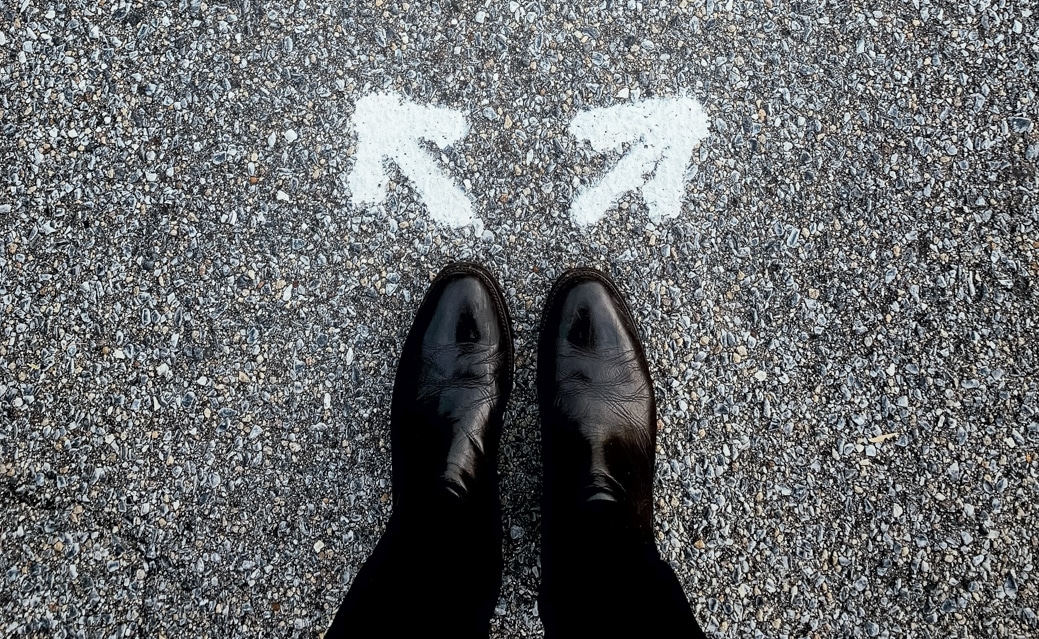The Unexpected Impact of Uncertainty
During the pandemic, many of us find ourselves making impulsive decisions that we seemingly cannot control or understand. The answer? Unexpected uncertainty.
According to a study conducted by University of New South Wales (UNSW) Sydney, impulsive behaviours in situations with unexpected uncertainty is quite common, especially during the Covid-19 pandemic. People tend to look for solutions that dampen down the uncertainty in an unexpected situation. We feel that we regain a sense of control when we exchange our regular behaviours and responses for impulsive decisions.
Dr. Adrian Walker and Dr. Tom Beesley told 35 participants to try and sell chemicals to aliens through a virtual simulation and get as many points in return as possible. The participants had to determine which alien to sell which chemical to, to maximize their points. While the participants determined a strategy to do this, midway through the experiment, the pattern changed.
“As soon as we added an element of uncertainty, the participants started looking for new ways to complete the task,” Dr. Walker tells ScienceDaily. “The kicker is that in all cases, the best thing they could do was use their old strategy.”
Although these impulsive decisions seem to be simply a product of unexpected uncertainty, it is also shown to be ripple effects of anxiety, depression, and loneliness. Furthermore, researchers at UNSW Sydney found that boredom and frustration created by lost routines in the pandemic is the reason why we react to things emotionally rather than rationally.
These uncertain times come with the perception of an uncertain future, allowing us to justify impulsive decisions we would not typically make. However, as Dr. Walker and Dr. Beesley found, under these circumstances we typically fail to consider the consequences and make riskier decisions as a result.
There seems to be an evolutionary benefit to this quality as our quick decision-making skills in severe and pressing situations could be a matter of life or death. This is further corroborated by the researchers finding that in expected uncertain situations, we tend not to change as drastically as we do in unexpected uncertain situations.
The anticipation of the uncertain situation gives us more ground to deal with it rationally, and therefore not change our behaviours as drastically. This is known as boiling frog syndrome. Furthermore, in unexpected uncertain situations, we tend to have a sudden onset of exploratory behaviour. The study found that we tend to revert back to our old coping mechanisms in light of the pandemic’s circumstances, allowing for us to poorly planned snap-decisions. This triggers our flight or fight response. We perceive that danger may be near since we cannot foresee the future and what life may be like so we resort to the idea that we must act boldly and quickly.
Our impulsiveness is also triggered by change—things like a global pandemic, working from home, online school, or isolating ourselves. We seem to have a response that tells us we need take more chances and try new things because the situation is already uncomfortable for us.
We are prone to the idea that we must do things today rather than tomorrow. Due to fear of the uncertain situation and its outcome, we often may shut out the world or become numb. We then desire the feeling of doing something new or exciting to break through this feeling.
So now we can reasonably justify our impulsive spending and haircuts and pets—it’s simply all a figment of innate human composition. Although we cannot quite combat these bouts of impulsive desires, we can keep ourselves cognizant of the reasons behind these things and use it to make better decisions.

